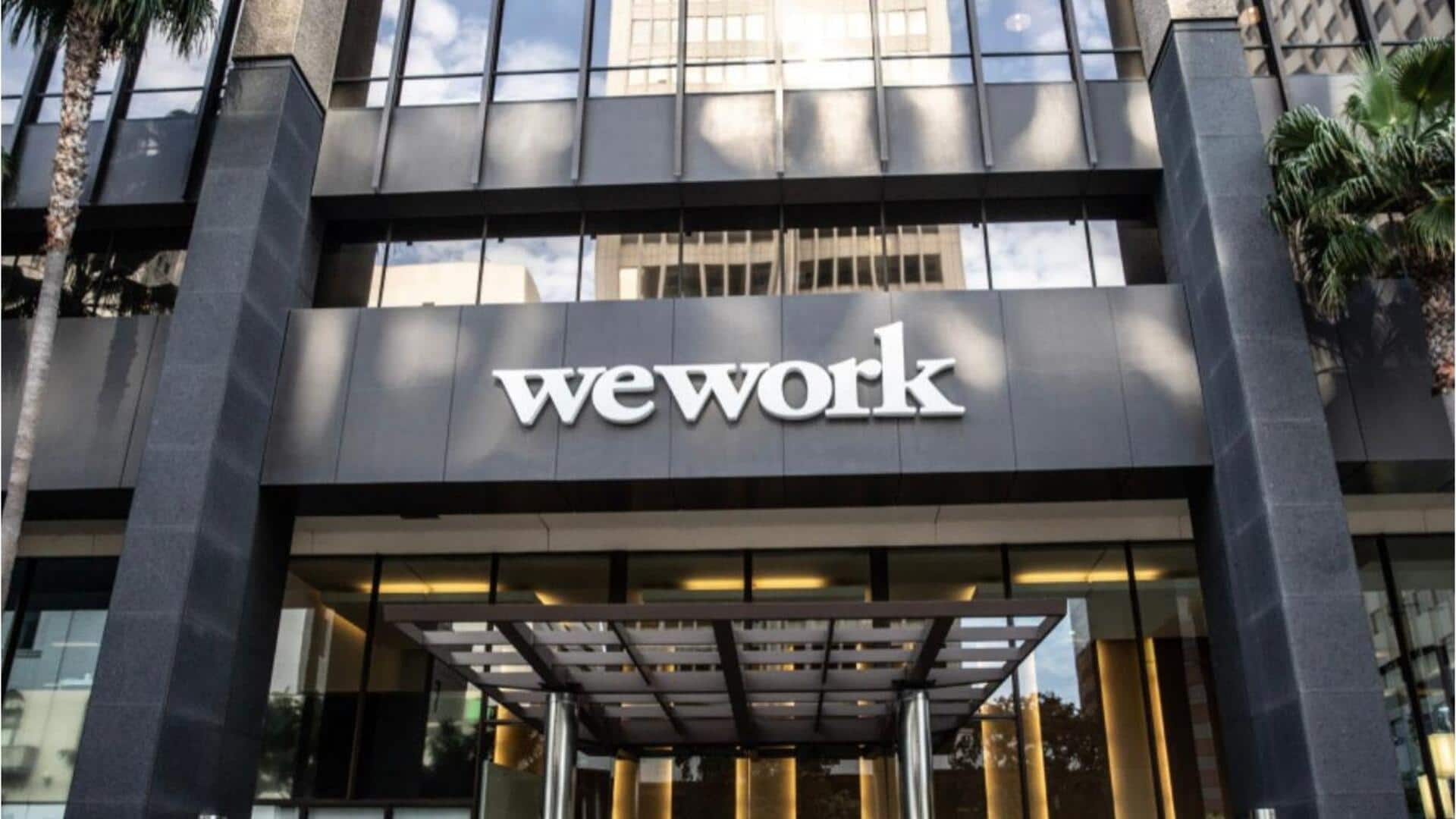
Co-working giant WeWork goes bankrupt: Here's what comes next
What's the story
WeWork, the once highly-valued US start-up backed by SoftBank Group, has filed for bankruptcy protection as it struggles with costly leases and the surge in remote work. SoftBank, which holds a 60% stake in WeWork and has poured tens of thousands of dollars into its revival, admits that the company's survival hinges on renegotiating its expensive leases through bankruptcy. WeWork's shares have fallen over 69% in the past week.
Details
Financial struggles and lease renegotiation
The elusive profitability of WeWork has been hampered by its pricey leases and corporate clients canceling due to the shift to remote work. In Q2 FY24, the cost of space accounted for 74% of WeWork's revenue. The company disclosed estimated assets and liabilities ranging between $10 billion and $50 billion. According to law firm Cadwalader, Wickersham & Taft LLP, "WeWork could use provisions of the US bankruptcy code to rid itself of onerous leases."
What Next?
WeWork's rapid rise and fall
Under the leadership of founder Adam Neumann, WeWork's valuation soared to $47 billion, drawing investments from prominent investors like SoftBank and venture capital firm Benchmark, as well as support from major Wall Street banks such as JPMorgan Chase. However, Neumann's focus on growth over profits and revelations about his unconventional behavior led to his removal and the collapse of an IPO in 2019. SoftBank was compelled to increase its investment in WeWork, appointing real estate expert Sandeep Mathrani as CEO.
Insights
Impact of COVID-19 pandemic
The COVID-19 pandemic further intensified WeWork's challenges as employees continued to work from home. Although the company renegotiated 590 leases and saved around $12.7 billion in fixed lease payments, it was insufficient to offset the pandemic's impact. Many landlords, also under financial pressure, had little reason to offer WeWork lenient lease terms. Moreover, a significant portion of WeWork's clientele consisted of start-ups and smaller businesses that reduced spending amid rising inflation and worsening economic outlook.
Facts
Competition and leadership changes
WeWork also faced competition from commercial property firms, which started providing short and flexible leases to adapt to the declining office sector. Mathrani was succeeded as WeWork CEO this year by former investment banker and private equity executive David Tolley, who assisted debt-laden satellite communications provider Intelsat in emerging from bankruptcy in 2022. Despite undertaking debt restructurings, WeWork could not avoid bankruptcy and secured a seven-day extension from creditors on an interest payment to continue negotiations.